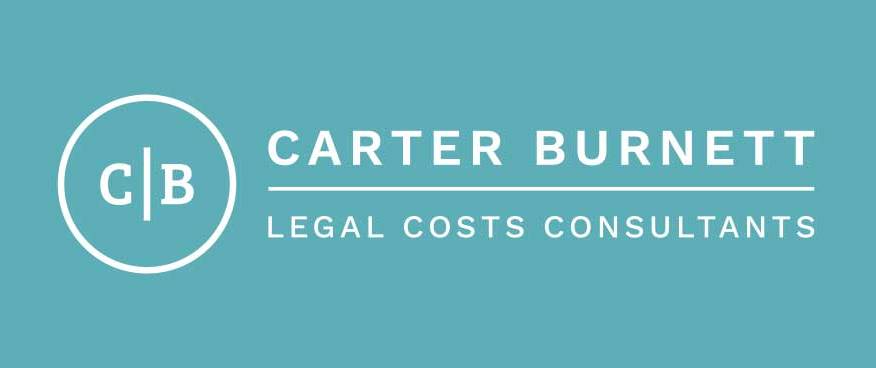Infant Approval Costs under the new Fixed Costs rules
Posted on 29th September 2023 at 17:12
By Sean Linley, Senior Costs Draftsman
Are Infant Approval costs recoverable under the new fixed recoverable costs regime?
This article focuses on why Infants as Protected Parties are exempt from October's fixed costs reforms.
In short, Fast Track has no explicit provision unless an ex-RTA or EL/PL Protocol Case (£150) whilst the Intermediate Track has a fixed bolt-on but no explanation as to what it actually covers. The Protocol rules do have some defined recoverability (though that's not the subject of this article). As with other aspects of the rules, uncertainty dominates.
Having seen many individuals expressing concern about the recoverability of such costs under October's fixed recoverable costs reforms we thought it'd be useful to run through the position. It is as with other aspects of the rules not straight forward!
Fast Track
On the Fast Track, their is no expressed allowance for costs relating to Infant Approval, save for ex-RTA or EL/PL Protocol claims where there is an allowance of an additional amount of £150 for Advice. In principle, as no sum is otherwise defined in the rules it is open to a party to seek to recover a disbursement for advice and advocacy on the grounds it is reasonably incurred and proportionate in amount.
However, there could be argument that this work is intended to be covered under the fixed recoverable costs in Table 12 of PD 45. If such an argument held then the disbursements could be found to be irrecoverable on the grounds that an allowance for it has already been provided for elsewhere. The court have been shown in the past to adopt this approach to avoid what it deems to be double recovery.
Intermediate Track
The Intermediate Track does have a specific staging for Approval but it is unclear what this covers. S15 states it is for "Approval of settlement for child, unless the settlement is approved at trial". The fixed costs range from £1,200 (on Complexity Band 1) up to £2,000 (on Complexity Band 4). This appears to be a solicitor cost (the PD Table does include some non-Solicitor costs) but it is not known if this is for the Approval hearing only (it does not say it is) and whether a claim for disbursements could be made on top (so long as they are reasonable and proportionate). It is ripe for argument that the staging already covers the work (as with Fast Track) and as such there should be no separate disbursement allowance.
LVCD Protocol for Clinical Negligence claims up to £25,000.
However, this lack of certainty contrasts to the sub-£25k Clinical Negligence reforms where the government proposes (subject to consultation) to allow a bolt-on sum for cases involving children of £1,800 plus Counsel's fees for the Approval Hearing and Advice in addition. It should be made clear that the bolt-on of £1,800 is meant to cover all of the additional work (pre-issue only) that a child client entails and not just Approval work.
This could of course change following the consultation and until we have the rules published we simply don't know what will happen with lower value Clinical Negligence claims. It is, however, a noteworthy counterpoint given it appears, prime facie, to sit differently to the Ministry of Justice's wider reaching reforms.
No explanation for this discrepancy has been provided by either the Department of Health or the Ministry of Justice.
Alternatives and disapplying FRC
It does remain open to parties to seek a departure from fixed costs where a party is vulnerable but you must show that by virtue of the vulnerability alone 20% or more time has been spent than the applicable fixed costs. This is an onerous test and one which is subject to challenge as part of APIL's Judicial Review.
For LVCD Protocol claims we do not know if there will be any mechanism to apply to be outside fixed costs. The government report hints strongly that there will not be.
Clearly all of this is in direct tension with the Court of Appeal judgment in Santiago v Motor Insurers' Bureau [2023] EWCA Civ 838 (13 July 2023) where the Court held that costs should be viewed through the "prism of access to justice". So if not allowing such costs deprives access to justice then something should be allowed. It's likely to be a persuasive argument.
Strap up for more satellite litigation and keep an eye on the JR proceedings as it may well be all change again!
We are always happy to talk any aspect of costs! Should you have any queries arising from this blog or generally then please get in touch for a chat either via phone 01482 534567 or e-mail info@carterburnett.co.uk. Follow us on LinkedIn to keep up-to-date with developments.
Share this post:

